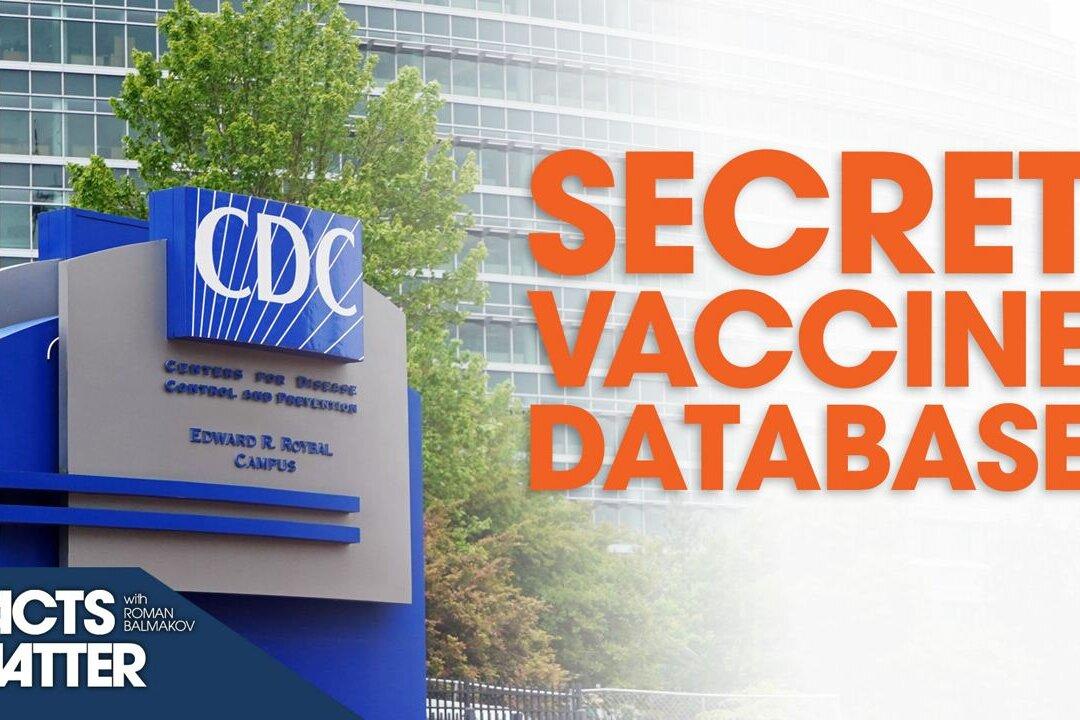The oil spill at Deepwater Horizon/Mercado Well (MC252) may be just days away from being plugged, ending nearly four months of leaking oil into the Gulf of Mexico. But for environmental and animal activists, and concerned citizens, the true impact of the discharged oil and related dispersant chemicals on area wildlife has yet to unfold.
Various private groups, like the Tri-State Bird Rescue and Research, and the University of California’s Oiled Wildlife Care Center, have participated in rescuing birds and animals in the Gulf Coast region, often working in collaboration with federal agencies, like the National Oceanic and Atmospheric Administration (NOAA).
Undersea life, such as whales, dolphins and sea turtles, have also been impacted by the event. In addition to the actions of wildlife organizations, one concerned citizen, California resident Brock Cahill, decided to examine matters firsthand.
“I had heard what was happening, but none of it seemed to be all that accurate,” Cahill said, in a phone interview with the Epoch Times. “None of it seemed to paint a really good picture of what was the truth. So I wanted to go down and see for myself.”
Brock, a yoga instructor from the Los Angeles area, is especially interested in the region’s sea turtle population. “My particular mission is to get out into the deep water and save the sea turtles that have been saddled on the surface.”
Cahill has had a “deep connection to the ocean” most of his life, and was inspired to get involved after hearing accounts of sea turtles being burned alive during BP’s initial controlled burns of collected surface oil. According to his sources, sea turtles and other wildlife were being snared in the boons used to corral the surface oil, and subsequently burned along with the oil during the controlled burn.
“That was the news that I heard, and [it] immediately made me say, ‘Okay. Not a chance. I have to get involved in this. I’m not going to let this happen,’” Brock said. “It fired me up.”
Lawsuit
On June 29, two wildlife groups—the Center for Biological Diversity and the Turtle Island Restoration Network—sent an intent to sue letter to BP, the Coast Guard, and National Incident Commander Adm. Thad Allen, for violating the Endangered Species Act (ESA) .
The violations resulted from “actions and in-actions related to the burning of oil and gas” on Gulf surface waters, adding that the process “is trapping protected species, including Kemp’s ridley sea turtles, and burning them alive.”
Continued on next page
The Kemp’s ridley is considered to be the smallest marine turtle in the world. Although its habitat ranges from the Gulf of Mexico to the Atlantic seaboard of the United States, 95 percent of Kemps’ ridley nesting occurs on beaches in Mexico’s Gulf state, Tamaulipas, according to the NOAA’s Office of Protected Resources (OPR).
“Last I’ve checked, about 470 have washed up on shore, dead,” Cahill says. “And their population is somewhere around 6,000. So, that’s a huge chunk of the population, and that’s the ones we know about that have been counted. We don’t know how many have died.”
Vessels of Opportunity
The yoga teacher is raising money for a second trip down to the area Aug. 11, and hopes to charter a boat out to the oil line. But getting a boat to take him there may be a problem.
Cahill stated that BP, under its Vessels of Opportunity program, is paying Louisiana boat captains compensation for lost income, due to the oil leak. But, while the compensation helps monetarily, the stipulations of the program make it difficult for anyone to charter a boat and examine the oil area firsthand.
“As they’re on the payroll [of BP], they can’t accept any other charters,” Cahill said, adding that if the boat captains accept the charter, they are removed from the payroll that day, and risk not getting back on. “None of them are willing to take that risk. None of them are willing to speak out because they need to put food on their table.”
Brock concluded that this oil disaster and others around the globe were a wake-up call for humanity. “It’s the world telling us, ‘Hey guys. You’re not listening. And if you’re not going to listen, I’m going to wipe you off the planet,'” he said.
“We’re the only species that has the opportunity to stop our own extinction, but we’re not doing it yet.”
For more info, see Brock Cahill’s blog at gravitycowboy.blogspot.com

